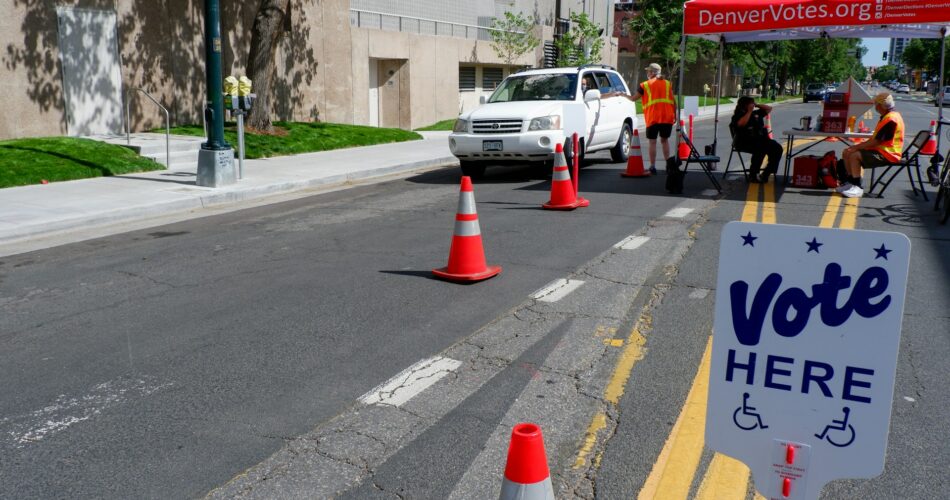The poll was shocking.
A recent poll indicates that many Americans do not view former President Donald Trump or Vice President Kamala Harris as particularly religious, despite their claims of Christian affiliation. Conducted by the Associated Press-NORC Center for Public Affairs from September 12 to 16, the survey of 2,028 U.S. adults found that only 14% of respondents believed that “Christian” accurately describes either candidate.
Among various demographic groups, approximately 70% of white Evangelical Protestants expressed favorable opinions of Trump, though only half felt he truly represented their beliefs. In contrast, white Catholics and mainline Protestants were more divided in their support for him. The poll also revealed a significant preference for Harris among black Protestants, with roughly three-quarters viewing her positively compared to Trump. Hispanic Protestant and Catholic respondents appeared to be more evenly split between the two candidates.
The survey further highlighted perceptions of character, with only a third of participants describing either candidate as “honest” or “moral.” About 33% felt these qualities applied to Harris, while only around 15% thought the same of Trump. This suggests a general skepticism about the integrity of both candidates among the public.
Trump has frequently emphasized his Christian identity and has positioned himself as a friend to religious voters. He has recently spoken more about his faith, particularly after surviving two assassination attempts, suggesting a belief in divine intervention during those moments. In a recent interview, he encouraged Christian voters to rally behind him, promising them substantial changes if re-elected.
Harris, who attends a Baptist church, has also noted the influence of her mother’s Eastern spirituality and has celebrated Kwanzaa, although her faith practices have come under scrutiny. Political analyst Ryan Girdusky has expressed doubts about the depth of her religious commitment, suggesting that neither she nor Trump truly embodies a deep connection to faith, but rather respond to the political needs of their respective voter bases.
